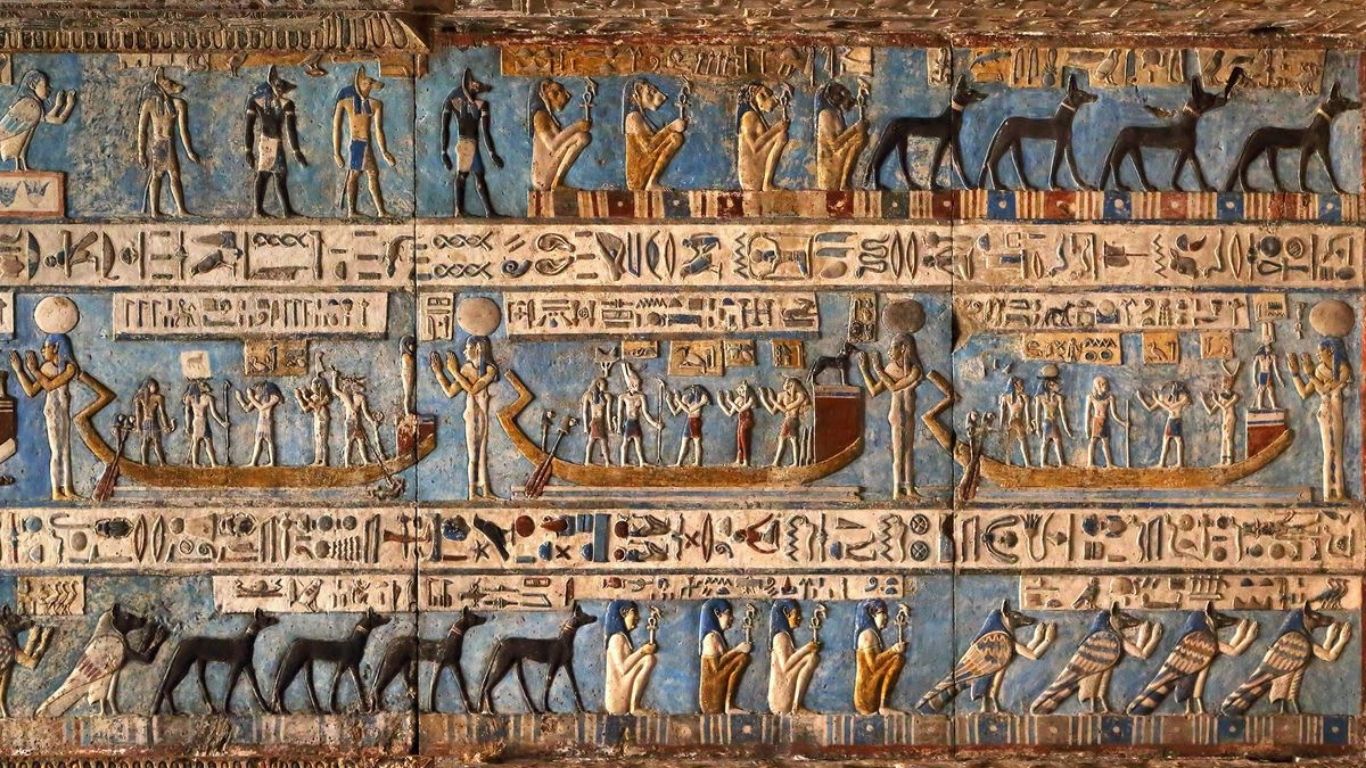When the world closed its doors to Gaza, digital platforms became the lens through which millions viewed the war. But what happens when the lens distorts the picture? According to an investigation, Palestinian news outlets saw a dramatic drop—77%—in Facebook engagement following the start of the Israel-Gaza war in October 2023.
Meta, the tech giant behind Facebook and Instagram, insists this isn’t deliberate, but leaked documents and engagement metrics tell another story.
Numbers That Speak Louder
Let’s crunch the data: Facebook pages for 20 Palestinian news outlets—names like Palestine TV and Wafa News Agency—reported average engagement plummeting from 0.07 pre-war to a mere 0.01. Compare that with a 37% increase for Israeli outlets like Yediot Ahronot. And, in case you were wondering, non-Palestinian Arabic news outlets like Al-Jazeera enjoyed a staggering 100% boost in audience engagement during the same period.
Meta argues these shifts are due to “temporary measures” balancing free speech with content moderation. But try telling that to a journalist like Tariq Ziad, who watched his posts fade into obscurity. “Interaction was completely restricted,” he says. “Our posts stopped reaching people.”
Meta’s Moderation Woes
This isn’t Meta’s first rodeo with accusations of bias. A 2021 independent audit pointed fingers at its Arabic-language moderation—or lack thereof. Innocuous phrases like Alhamdulillah (“Praise be to God”) were wrongly flagged as violent content. Fast forward to 2023, and the problem isn’t just clumsy algorithms. Leaked internal documents reveal Instagram implemented stricter moderation for Palestinian users post-October 7, raising concerns about systemic bias.
One former Meta employee put it bluntly: “Within a week of the Hamas attack, the code was changed to target Palestinian users more aggressively.”
A Closer Look at the Shadow Ban Phenomenon
Shadow banning—where content is made less visible without users being notified—has become a significant issue in the digital space, especially in politically sensitive contexts. Palestinian journalists have long raised concerns that their posts are being suppressed, limiting their ability to reach global audiences.
The impact is compounded when compared with Israeli outlets whose content continues to thrive. This discrepancy raises questions about whether algorithms inadvertently perpetuate systemic inequalities in online spaces.
“Balancing” Speech?
Meta defends its actions, citing a spike in “hateful content” from the Palestinian territories. But critics argue this broad brush strokes over legitimate journalism. Omar el Qataa, a Gaza-based photojournalist, says, “Even if we capture the truth—a massacre, a destroyed home—it won’t spread. But we keep going because someone has to tell the story.”
Meta claims these controversial policies have since been reversed. Yet, it’s unclear when or how effectively.
A Larger Struggle for Palestinian Journalists
For Palestinian journalists, the digital chokehold is just one part of the battle. At least 137 have been killed since October 2023, but those who remain refuse to back down. As el Qataa puts it, “Despite the risks, we must keep sharing Palestinian content.”



